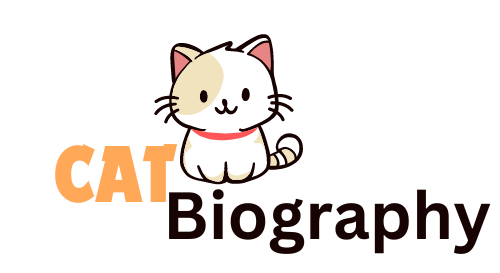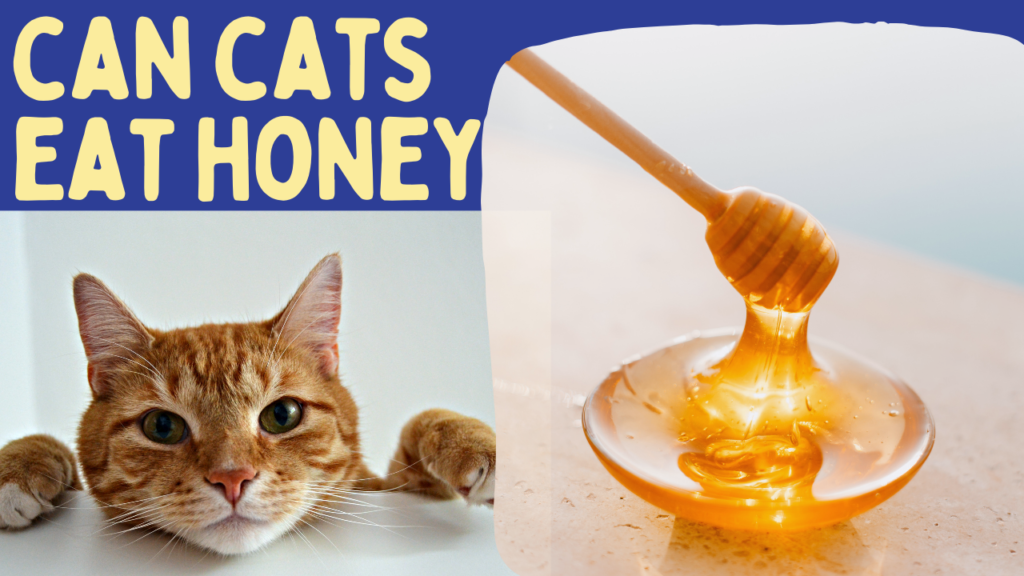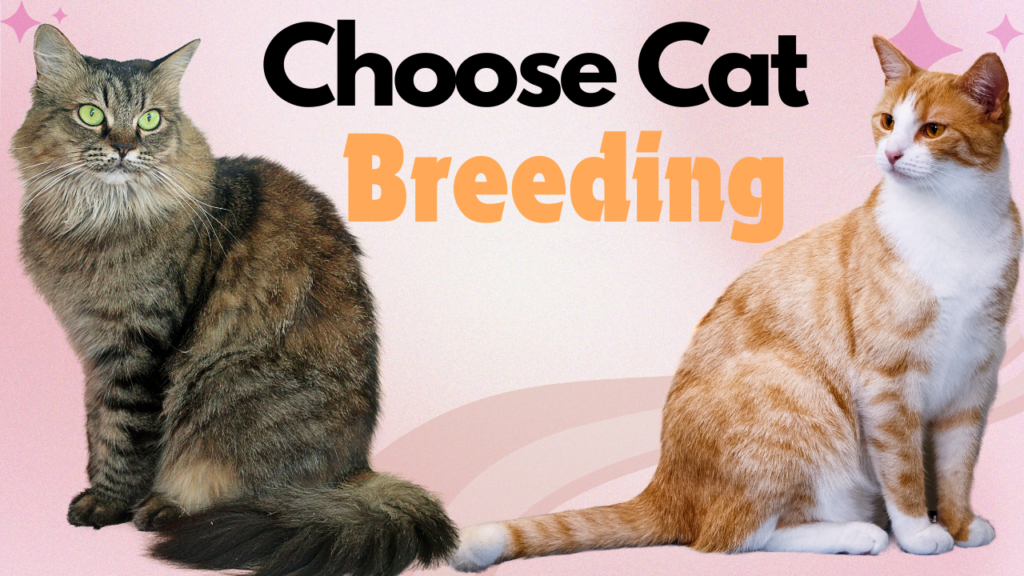As cat owners, we often wonder if certain foods that we enjoy are safe for our feline friends. Honey, a natural sweetener prized for its health benefits, is one such item that raises questions. In this article, we will explore whether cats can eat honey, its potential benefits and risks, and how to safely incorporate it into your cat’s diet if applicable.
What Is Honey, and Why Do Cats Find It Interesting?
Honey is a natural substance crafted by bees as they transform flower nectar into a sweet, golden syrup. It contains various sugars, vitamins, and minerals, making it a popular choice for humans seeking a natural sweetener. Cats, being curious creatures, might show interest in honey due to its unique scent or sticky texture. However, their interest does not necessarily mean honey is good for them.
Can Cats Digest Honey?
Cats are obligate carnivores, meaning their digestive systems are uniquely designed to efficiently break down and process meat as their main source of nutrition. Unlike humans, cats lack the enzymes required to efficiently break down sugars and carbohydrates. Honey, being a sugar-rich substance, can be challenging for cats to digest.
While a small amount of honey might not cause immediate harm, feeding it in large quantities or too frequently can lead to gastrointestinal issues such as:
- Vomiting
- Diarrhea
- Bloating
Thus, while honey is not inherently toxic to cats, it is not an ideal food for their diets.
Are There Any Benefits of Honey for Cats?
Despite its limited compatibility with a cat’s digestive system, honey does have some potential benefits if used in moderation:
1. Soothing Minor Throat Irritations
Honey’s natural antimicrobial properties can help soothe a sore throat or minor cough in cats. Nevertheless, this should only be attempted with the supervision of a qualified veterinarian.
2. Wound Healing
Manuka honey, in particular, is renowned for its ability to aid in wound healing. When applied topically, it can assist in treating minor cuts or abrasions on your cat’s skin.
3. Energy Boost
Honey’s high sugar content can provide a quick energy boost, but this is rarely necessary for cats unless under specific medical conditions advised by a vet.
Risks of Feeding Honey to Cats
Despite its potential benefits, honey poses several risks to cats:

1. High Sugar Content
Cats have no nutritional need for sugars. Consuming honey can contribute to:
- Obesity
- Diabetes
- Dental problems
2. Risk of Allergies
Some cats may have allergic reactions to honey, manifesting as itching, swelling, or respiratory distress. Always observe your cat after introducing any new food.
3. Gastrointestinal Upset
As mentioned earlier, honey can cause stomach upset in cats, especially if given in excessive amounts.
4. Risk for Kittens
Kittens should never be fed honey. Their immature immune systems make them susceptible to botulism spores that can be present in raw honey, which could be fatal.
How Much Honey Is Safe for Cats?
If you decide to give honey to your cat, it must be done sparingly and with caution. Veterinarians generally recommend:
- No more than half a teaspoon of honey, occasionally.
- Always opt for pure, organic honey to avoid additives.
- Monitor your cat for any adverse reactions.
Steps to Safely Add Honey to Your Cat’s Diet
Step 1: Consult Your Veterinarian
Before introducing honey to your cat, seek advice from your vet to ensure it is safe for your specific cat.
Step 2: Start Small
Begin with a very small amount of honey, perhaps the size of a grain of rice, and mix it with your cat’s regular food.
Step 3: Observe for Reactions
After feeding honey, watch for signs of digestive upset or allergic reactions.If any problems occur, stop using it right away.
Alternatives to Honey for Cats
If you are looking for a healthy treat or remedy for your cat, consider these alternatives:
- Catnip or Cat Grass: These are natural options that cats enjoy and can aid digestion.
- Plain Meat-Based Treats: Cooked chicken or turkey is a safe and nutritious option.
- Vet-Approved Supplements: For health issues like throat irritation, consult your vet for appropriate remedies.
Conclusion: Should Cats Eat Honey?
Although honey is not poisonous to cats, it provides no essential nutrients or significant benefits to their diet. Its high sugar content and potential risks outweigh the limited benefits. If you choose to give your cat honey, do so sparingly and always consult your veterinarian first.
For most cats, a diet rich in protein and low in carbohydrates is the best way to maintain optimal health.
# : READ ANOTHER POSTS
1 : Can Cats Eat Donuts? A Guide to Feline Nutrition and Health Risks
2 : Is Raw Broccoli Good for Cats
3 : Can Cats Eat Beans? A Comprehensive Guide for Pet Owners


